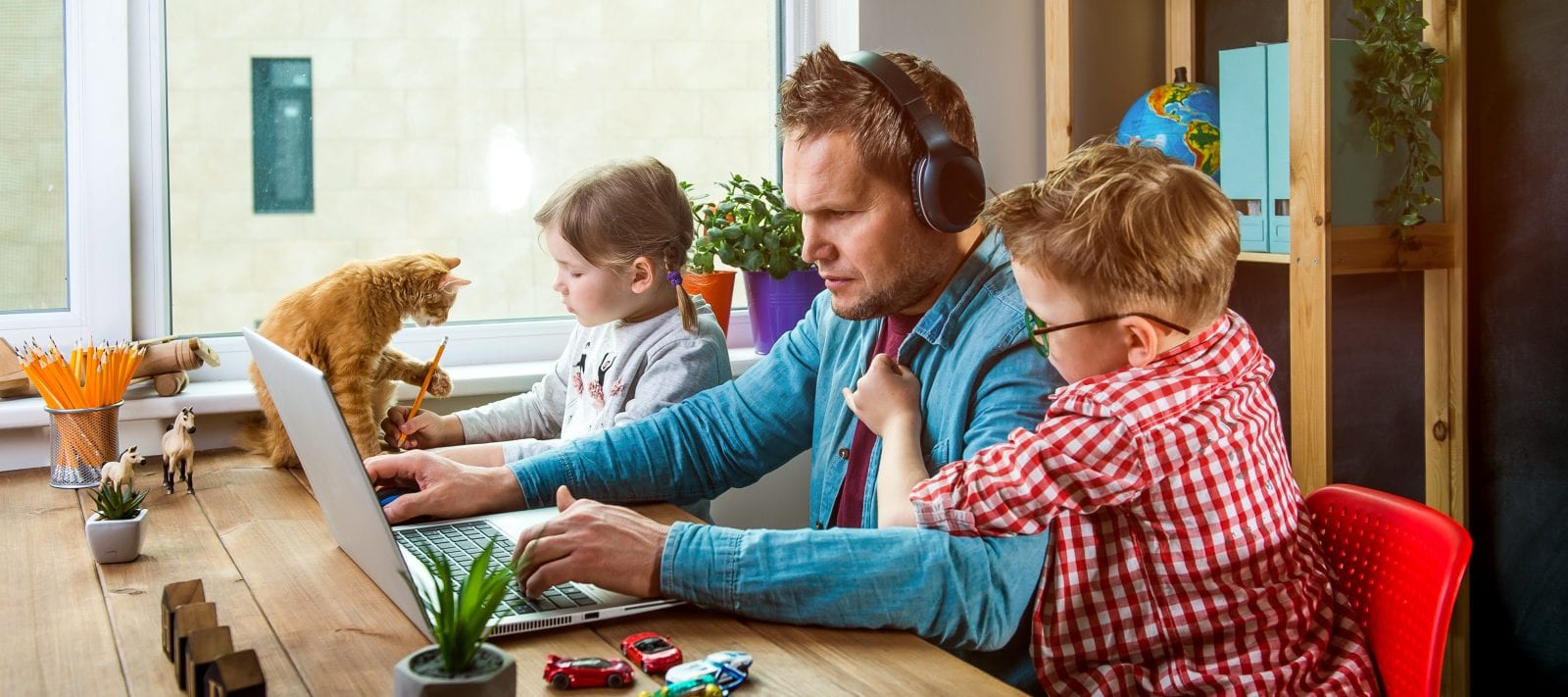HELPING YOU TO MANAGE YOUR SCREEN TIME
For most of us, the time we spend in front of a screen of some sort has vastly increased. Those that are fortunate to be able to work remotely will likely endure more screen time than normal with various conference/zoom calls than they might have had previously. In addition to this, some of us are helping children with their online schooling, keeping in touch with friends and family, a higher consumption of social media and of course our leisure screen time. Can we ever get away from a screen?!
The current concern about too much screen time and the effect it can have on you – sore eyes, headaches, pressure etc. – is warranted but ask yourself ‘can I get away from a screen right now?’ Are you able to reduce the dependency on screen time and find something else to do? That’s probably not possible where work and school are involved but it’s an important consideration in other areas of your screen time usage.
All of us – adults, children and young people – are eagerly awaiting when we can abandon our screens and be with friends, play sports, go to events and go to school. But in the meantime, the excess screen time is serving a purpose – allowing us to proceed with our work, educational needs and social lives, so managing it the best we can is important.
Plan regular short breaks away from the screen during your day, they only need to be for a few minutes but moving away from your screen and resting your eyes for a moment is necessary. Here are a few ideas to encourage a screen time break that you might be able to use depending on your circumstances at home.
- Have regular drink breaks – not only is it vital to keep well hydrated but it is a good reason to take a break! You can also use this as a time to spend with someone else in your home, adult or child, for just a few minutes, sharing a drink together.
- Stretching – increases your blood flow, which is good for your circulation and better blood flow to your muscles. If we are stressed then our muscles are likely to be tense. Try and identify where in your body you hold your stress – neck, back, shoulders – and pay special attention to those places. It is good for your posture and helps to heal and prevent back pain, especially as we are probably sitting for longer lengths of time right now.
- Take a short walk – a brisk walk around your home or garden is fine.
- Mindfulness – try The Three-Minute Breathing Space Practice below.
There are three steps to this practice:
- Attend to what is. The first step invites attending to one’s experience, noting it, but without the need to change what is being observed.
- Focus on the breath. The second step is to bring a focussed attention to a single, pointed focus on the breath in the body.
- Attend to the body. The third step widens attention again to include the body as a whole and any sensations that are present.
- Read a chapter of your book/magazine
- Relaxation exercises – Progressive muscle relaxation is a great stress reliever. Start with your toes and work your way up your body: tighten your foot muscles as much as you can, then relax them. Next, move on to your calves and so on – make your way up your body, tightening and relaxing each muscle until you’ve finished with your face. It may seem silly, but this practice can help reduce anxiety and stress and is great for highlighting and releasing any tension in the body.
- Express your emotions – writing, drawing, colouring.
- Be in the moment with one of your senses. Sight, smell, sound, touch and taste —you’ll be amazed how quickly the stress melts away when you focus on just one of them. Eat something that you crave and savour each bite. Light a scented candle and breathe in your favourite scent. Listen to a piece of music and let it take you away. Stroke your pet or a comforter and enjoy the relaxing sensations.
- Treat yourself – a biscuit, chocolate, a piece of cheese – whatever your thing is!
- Eat A Banana (Or A Potato!) Potassium helps to regulate blood pressure, which rises during times of stress. Some people find that eating a banana when they’re feeling stressed can help improve energy and recovery – but most of all it’s enjoyable!
- Talk to friends and family – it’s good to talk and this can actually reduce the production of the stress hormone – cortisol.
Finally but probably the most fun!
- Pucker Up!! – Kissing relieves stress by helping your brain to release endorphins,
the feel good hormone. Hugging can also offer similar benefits and a feel good factor.
Modelling this behaviour will also encourage children to do the same encouraging a healthy approach to managing screen time with beneficial breaks and alternatives.

